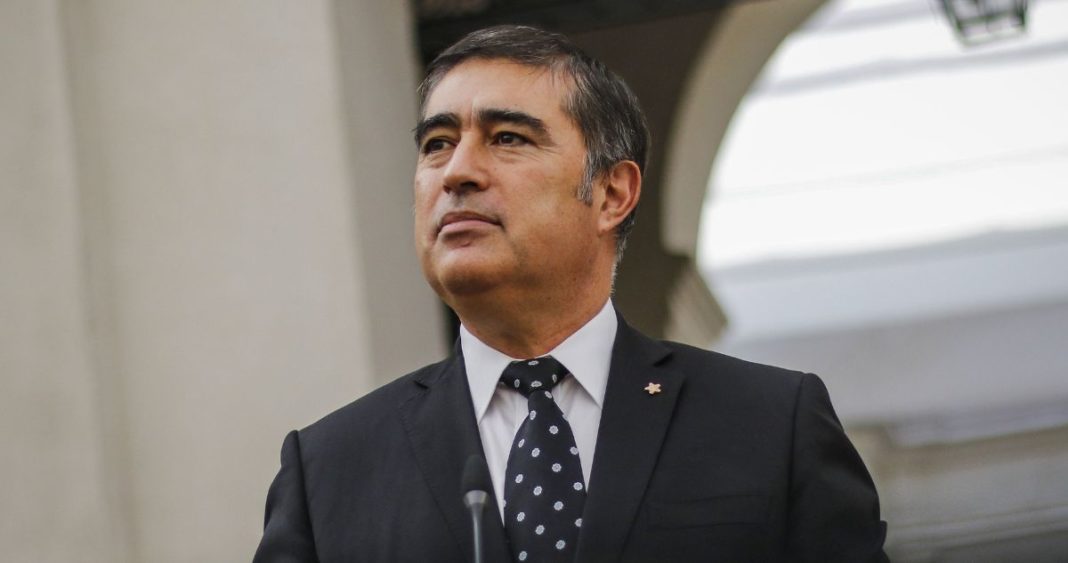Desbordes Fights Back: Exposing Alleged Misconduct at the INDH
In a bold move, Mario Desbordes, the former president of the National Renewal (RN) party and current mayoral candidate for Santiago, has filed a complaint against six counselors of the National Institute of Human Rights (INDH) for the alleged crime of prevarication. This comes on the heels of the INDH’s own legal action against Desbordes for a potential influence peddling case.
The Backstory: Uncovering Alleged Misconduct
The catalyst for Desbordes’ complaint was a series of conversations revealed by the media outlet Ciper, which allegedly showed a form of lobbying to have María Teresa Letelier appointed to the Supreme Court. While the INDH’s legal action was not nominative, Desbordes claims that his name is mentioned multiple times in the proceedings.
Prevarication: Abuse of Power or Miscarriage of Justice?
Prevarication, in this context, refers to a situation where an authority, judge, or public official knowingly issues an unjust resolution. Desbordes’ complaint targets the INDH counselors who voted in favor of the institute’s legal action against him:
- Juan Carlos Cayo Rivera
- Francisco Ugás Tapia
- Paula Salvo del Canto
- Constanza Valdés Contreras
- Haydee Oberreuter Umazabal
- Lieta Vivaldi Macho
Desbordes has also requested that the minutes of the session where the counselors approved the complaint for influence peddling be provided, and that the audio recording of the meeting be safeguarded to prevent any alterations.
The Battle for Transparency and Accountability
This case highlights the ongoing struggle for transparency and accountability within Chile’s human rights landscape. As the former RN president and a mayoral candidate, Desbordes’ actions have the potential to shed light on potential misconduct and strengthen the public’s trust in the institutions tasked with protecting human rights.
Conclusion
The battle between Desbordes and the INDH counselors is a complex and multifaceted issue that touches on the core principles of good governance, transparency, and the rule of law. As the case unfolds, it will be crucial to closely monitor the developments and ensure that the truth is brought to light, regardless of the political affiliations or personal interests involved.
This story is a testament to the importance of vigilance and accountability in the pursuit of a just and equitable society. The outcome of this case will undoubtedly have far-reaching implications for Chile’s human rights landscape and the public’s trust in its institutions.




